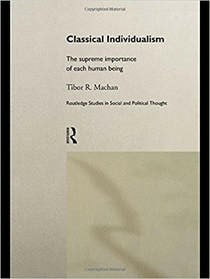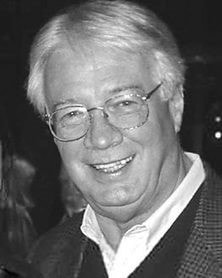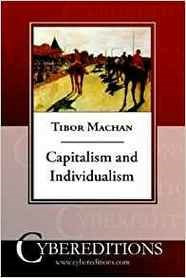EXISTENTIELE COACHING
FRANK VANDENDRIES
BLOG LEVENSVRAGEN
Wat denk jezelf?
"Emancipate yourselves from mental slavery, none but ourselves can free our minds...", zingt Bob Marley in Redemption Song. Hoe makkelijk is het om in te voegen, om aan te sluiten, om mee te buigen met al hetgeen anderen bedacht hebben en als waarheid zien. Deze blog wil het vanzelfsprekende uitdagen met prikkelende opinies. Het vanzelfsprekende of het gemakzuchtige in je denken op levensbeschouwelijk, politiek, ethisch gebied. Dit komt de kwaliteit van denken en besluitvorming ten goede.



 RSS-feed
RSS-feed